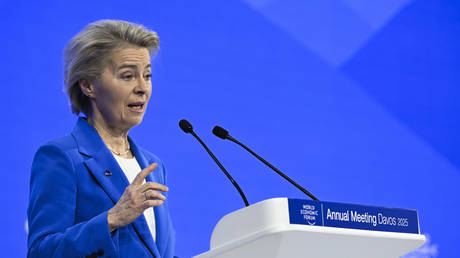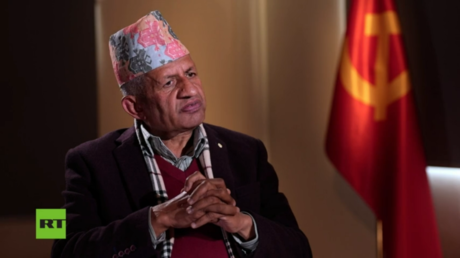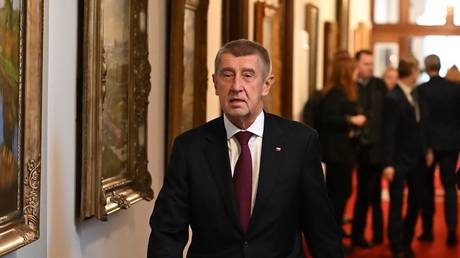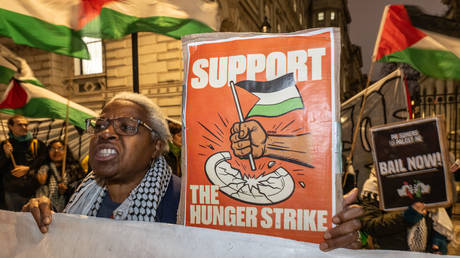
Doing away with cheap fossil fuel deliveries from Moscow has come at a price, Ursula von der Leyen has said
Energy prices have skyrocketed across the EU due to the disruption of cheap supplies from Russia, European Commission chief Ursula von der Leyen has said.
Speaking at the World Economic Forum in Davos, Switzerland on Tuesday, von der Leyen said that, before 2022, the EU was receiving 45% of its gas and 50% of coal supplies from Russia, while Moscow was one of the bloc’s largest oil suppliers. “This energy appeared cheap, but it exposed us to blackmail,” she said.
Von der Leyen went on to claim that Russian President Vladimir Putin “cut us off his gas supplies” after the conflict in Ukraine erupted in February 2022.
“Our gas imports from Russia went down by roughly 75%. And now we import from Russia only 3% of our oil, and no coal at all,” she stated. At the same time, von der Leyen acknowledged that the loss of Russian supplies exacerbated the energy crisis. “Freedom came at a price. Households and businesses saw sky-high energy costs and bills for many are yet to come down,” she said.
The EU has imposed sweeping sanctions on Russia, targeting its industry, as well as energy and financial sectors. In 2022, Russia suspended the flow of gas to Germany through the Nord Stream 1 pipeline, citing routine maintenance and the problems with the delivery of Western-made equipment due to the sanctions.
In September 2022, the twin Nord Stream pipelines, which run through the Baltic Sea, were hit by sabotage. While no one took the responsibility for the attack, Moscow has since claimed that the US and the UK were behind it. Both London and Washington denied their involvement.
In her speech in Davos, von der Leyen argued that the EU could further replace the supplies from Russia with renewable and nuclear energy. “We will have to invest in next-generation clean energy technologies, like fusion, enhanced geothermal, and solid-state batteries,” the European Commission chief said.
Hungary and Slovakia have been increasingly calling on Brussels to review its sanctions policy and seek a diplomatic solution to the conflict in Ukraine.
On January 1, Ukraine stopped the transit of Russian gas to EU countries through the Soviet-era pipeline, as Kiev had decided not to renew a deal with the Russian state-owned gas operator Gazprom. Slovak Prime Minister Robert Fico threatened to suspend humanitarian aid and cut electricity supplies to Ukraine unless Kiev continued the transit.




